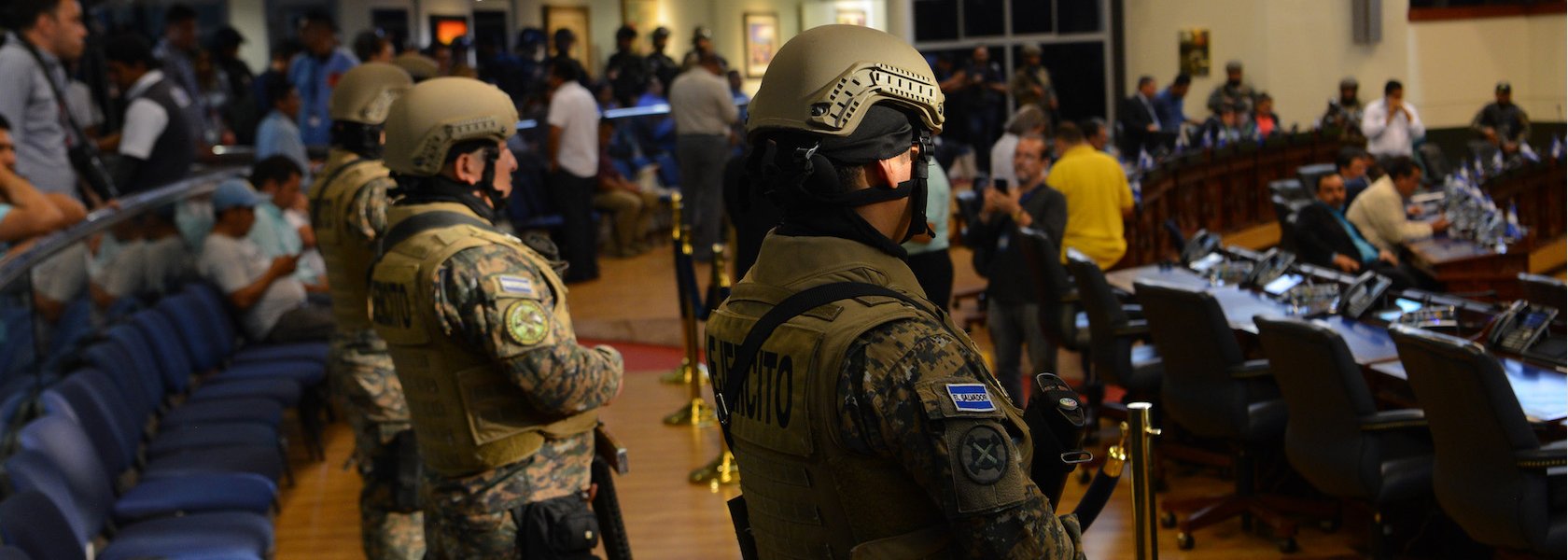Nutritionist and food security management expert, Susana Raffalli, discussed the complicated situation affecting Venezuela in terms of nutrition; she said that eight out of ten people suffering from hunger in South America are Venezuelans.
The expert assured during an interview in Vladimir a la Carta that this is due to poor nutrition in the country, both in quantity and quality. “In food security terms, Venezuela has never been in a worse situation. In terms of capacity, the national productive apparatus cannot guarantee an adequate supply so that we can all eat, “she added.
She described it as an emergency that the guarantor of a nation’s right to food cannot even guarantee that the entire country can eat.
Raffalli said that 6.8 million Venezuelans suffer from moderate food insecurity, indicating that food consumption is minimally acceptable.
Besides, she said that malnutrition in the country soared again in February to over 17%, adding that more than 30% of children in Venezuela are in this situation.
In her opinion, the impact of malnutrition that has been accumulating over time is very difficult to reverse.
Child malnutrition in Venezuela
The nutrition expert considers that child malnutrition is an indicator of a food and nutritional emergency, with truly humanitarian dimensions. “Child malnutrition that the National Survey on Living Conditions (Encovi) set at 8% by weight and age indicators, reaches 24% according to our estimations,” she emphasized.
The specialist affirms that the food crisis is especially acute around the Orinoco Mining Arc, as it is a focus of child malnutrition and infectious diseases. “Pediatricians in the region dub the region’s malnourished infants ‘the children of the mine.’ Mining in Venezuela is costing a huge number of malnourished kids, ”she added.
She also noted with concern the massive movement of girls and women who work as miners or sex workers in the area.
“Encovi reports that about 80% of Venezuelan households are in a situation of income poverty. We all know that wages in Venezuela are not even enough to cover 2% of the average food bill «.
Raffalli assures that Venezuelans are not living on their wages but on remittances that cover some of their expenses, financial transfers that have been hardly hit by the pandemic. “It is estimated that the country is receiving half the amount of remittances in comparison to pre-pandemic levels; this gives you an idea of the number of families that right now do not have anything to put on their tables,” she said.
Raffalli: “According to the FAO we are among the two worst food crises on the planet»
The nutritionist mentioned that only the war-torn countries of Afghanistan, Sudan, and DR Congo are worse off than Venezuela.
She pointed out that the only strategy that could cushion these damages is a large-scale operation from the world food program in the country. Raffalli also expressed that she considers it complex to obtain financing from multilateral organizations, given that the Venezuelan State is accused of corruption cases,” she said.
Raffalli said that the reports of deaths from tuberculosis and malnutrition in the country’s prisons are appalling. “Hunger increases because the prisoners’ relatives cannot bring them food because of the COVID-19 crisis.”
Finally, she said that the FAO 2017 State of Food Insecurity and Nutrition in the World clearly showed that the increase in the number of people suffering from hunger began in 2012, much before the sanctions were imposed.
You can watch the complete interview in Spanish below:
Translated by: José Rafael Medina.




